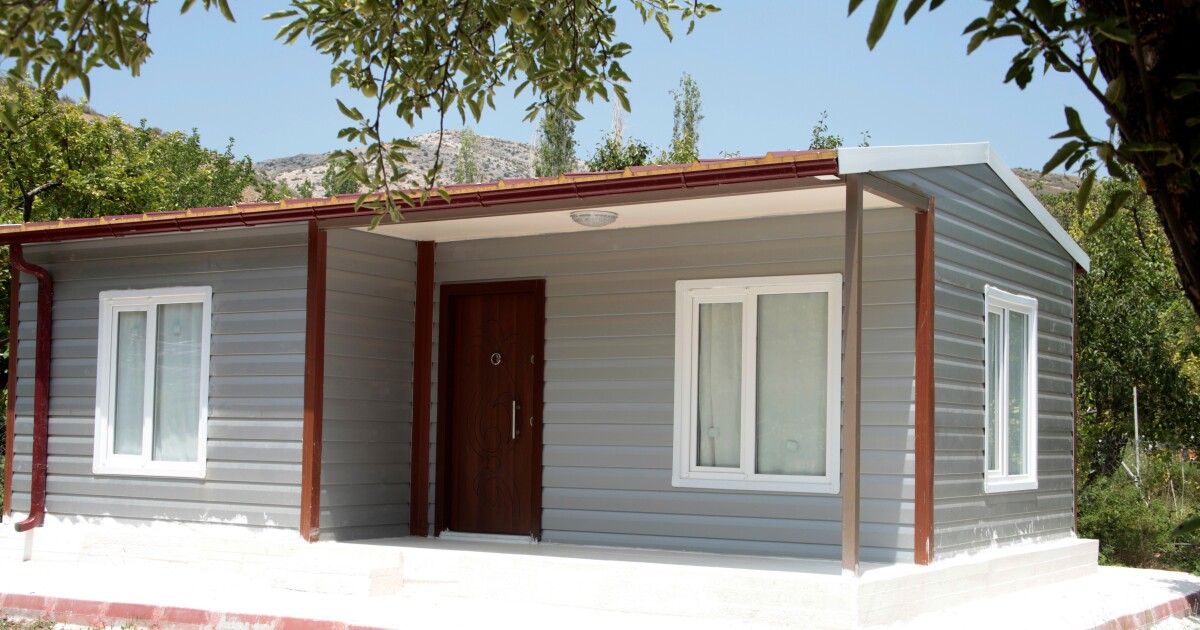
The
FHA's Title I manufactured housing program
Personal property, or chattel, loans finance nearly 40% of manufactured home purchases, with more than 55,000 borrowers using one last year. Unlike traditional mortgages, chattel loans are secured only by the home, not by the land beneath it. They typically carry higher rates and offer fewer consumer protections, particularly in the event of default. Repossession can occur much faster than a foreclosure.
Yet for buyers who lack ownership of the land, either leasing it or living on family property, these loans are the only viable path to homeownership. Even among landowners, they are not uncommon.
Manufactured homes remain a crucial source of affordable housing for approximately 7 million households, or about 5% of all U.S. households. This exceeds the total number served by all HUD-subsidized housing programs.
This federal ret
reat from manufactured housing chattel loans has created a serious market gap, leaving homebuyers with few options for obtaining these loans. Only three lenders control 76% of the market: Triad, Vanderbilt and 21st Mortgage. The latter two are both owned by Berkshire Hathaway and largely avoid competing with each other.
With so little competition, borrowers pay a premium. Average chattel loan rates were 9.7% in 2024, compared with 7.0% for manufactured-home mortgages and 6.5% for traditional site-built homes.
The Biden administration
HUD officials under the Trump administration have likewise said they are "
Of course, there are hurdles to reviving a long-dormant program. Underwriters, loan officers and securitizers must reacquaint themselves with FHA requirements. Lenders have to gain FHA approval to participate in the program and will do so only if they expect sufficient volume.
Still, most of the groundwork has been laid. What's missing now is resolve. Restoring FHA's presence in this market would be a pragmatic, market-based step toward expanding affordable homeownership. It requires not a new policy framework, but only the determination by federal officials to act decisively and cut through bureaucratic inertia.



